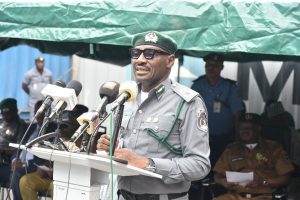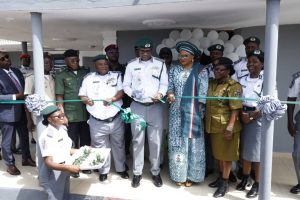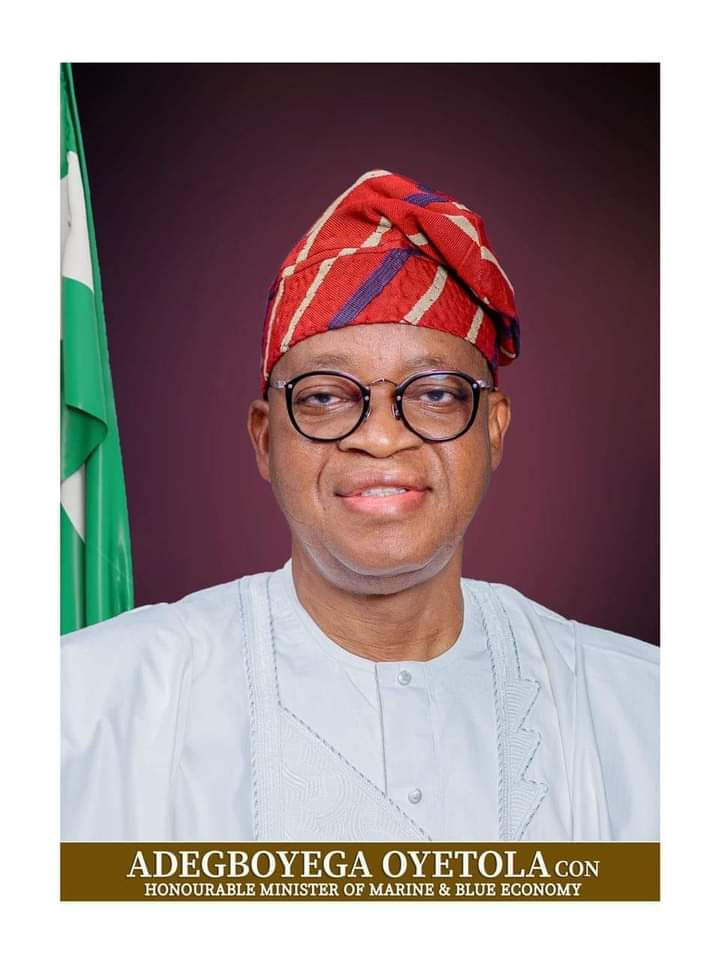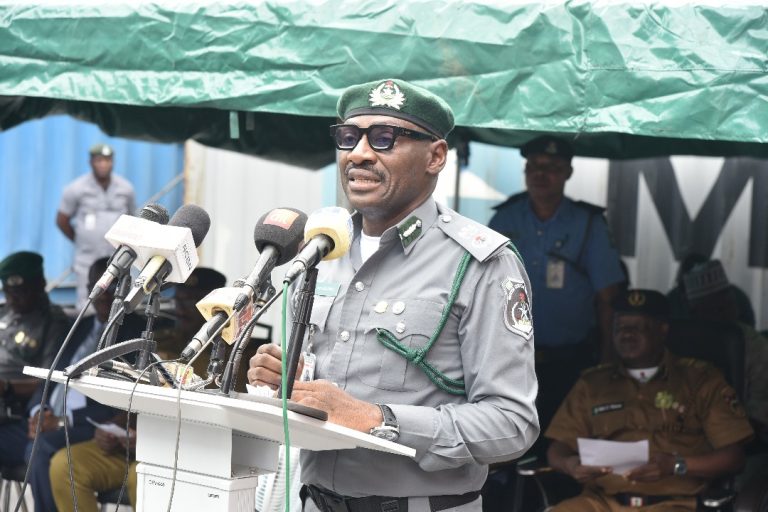Mr Ebrima Faal, Senior Country Director of the bank, availed what Nigeria should do for quick economic recovery, highlighting measures which would comprise short-term and long-term responses to address difficulties that the country would be facing as a result of COVID-19.
He said it had been observed in many countries where this kind of crisis occurred required quick and decisive actions as well as policy coordination to reverse the potential challenges to the economy.
He noted that around the world, countries at more advanced stages of the outbreak were announcing liquidity relief, debt restructuring, forbearance on loan repayments and initiatives in the order of 10 to 15 per cent of Gross Domestic Product (GDP).
The director added that in the short term, similar stimulus would be needed in Nigeria.
“We have seen the CBN introduce policies to mobilise private sector resources and lend support to the government in its efforts to contain the virus.
“It is also supporting private and public healthcare institutions in the country while providing liquidity for the private sector and SMEs to continue to operate.
“We have also seen some responses from the Government including a reprioritisation of expenditure to help address the pandemic.
“In the long term measure, the country needs to diversify the economy and increase social infrastructure.
“In the longer term, the government’s strategic thrust through the Economic Recovery Growth Plan (ERGP) seeks to push the transformation agenda for Nigeria.
Also read: AfDB unveils $10bn response facility to curb COVID-19 in Africa
“Th ERGP builds on previous initiatives and other industry-specific strategies and programmes, including the National Industrial Revolution Policy (NIRP) and National Enterprises Development Policy (NEDP), among others.
“Nigeria already has the necessary strategies in place to drive the transformation and diversification agenda. The key challenge is that implementation of these policies has often been less optimal and so the impact is limited and varied.
“The COVID-19 outbreak once again reminds us of the need to create a resilient economy, one that is less dependent on oil for revenues and exports. Nigeria faces three-four key challenges that need to be urgently addressed in the post-COVID-19 era,” he stated.
Speaking further, FAAL said mobilising more domestic resources was paramount, adding that non-oil revenues accounted for about four per cent of GDP and this means that nearly 90 per cent of the economy was virtually untaxed.
According to him, growing non-oil revenues will insulate the economy from the cyclicality of oil revenues and create stability in government budget.
He stated that there were a number of ways in which the government could generate more revenues from the non-oil sector.
He said the increase in the Value Added Tax (VAT) to 7.5 per cent was a good move, stating that without strong enforcement and compliance with existing measures, the revenue yield from the VAT would be minimal.
“We also see opportunities in mobilising resources from the private sector, especially for infrastructure development.
“The assets under management about N10 trillion by pension funds and other institutional investors could be mobilised to create a pool of investment resources to transform the country.
“This means improving efficiency and ability of the financial sector, including the capital market, to attract such funds, and channel them to productive uses,” he said.
In the meantime, the International Monetary Fund (IMF) warned on Thursday that coronavirus pandemic will spark the worst global economic fallout since the Great Depression of the 1920s and 1930s.
“The world is facing an unprecedented crisis in the coming year, a period which would be unusually difficult,’’ IMF Managing Director Kristalina Georgieva, told a news conference in Washington.
Georgieva said that even if the pandemic loosened its grip in the second half of the year and parts of the economy were allowed to re-start, only a partial recovery could be expected.
The IMF chief emphasised how difficult it was to make prognoses of this kind.
The situation could end up being even worse, depending on how long the pandemic lasts.





















